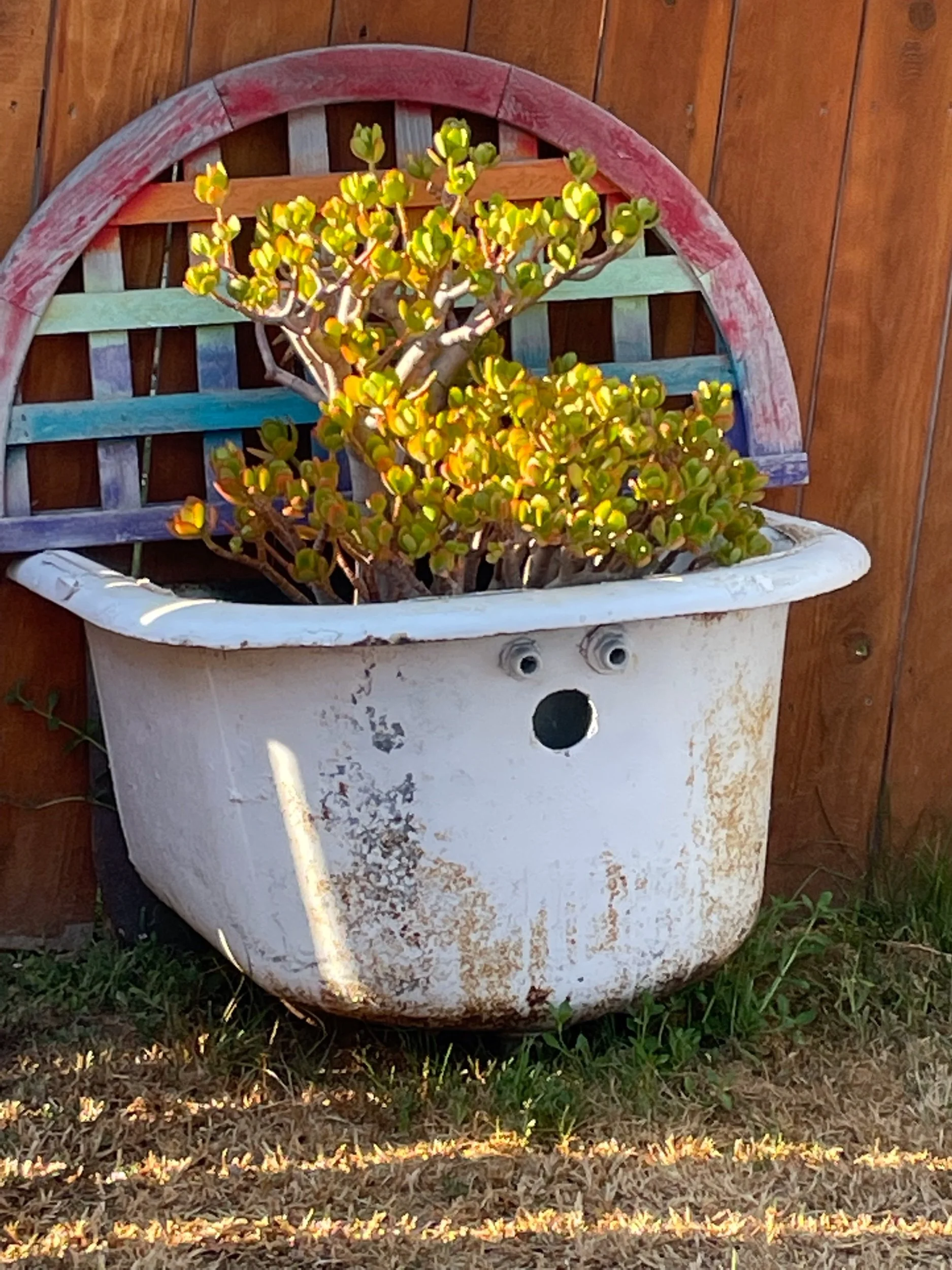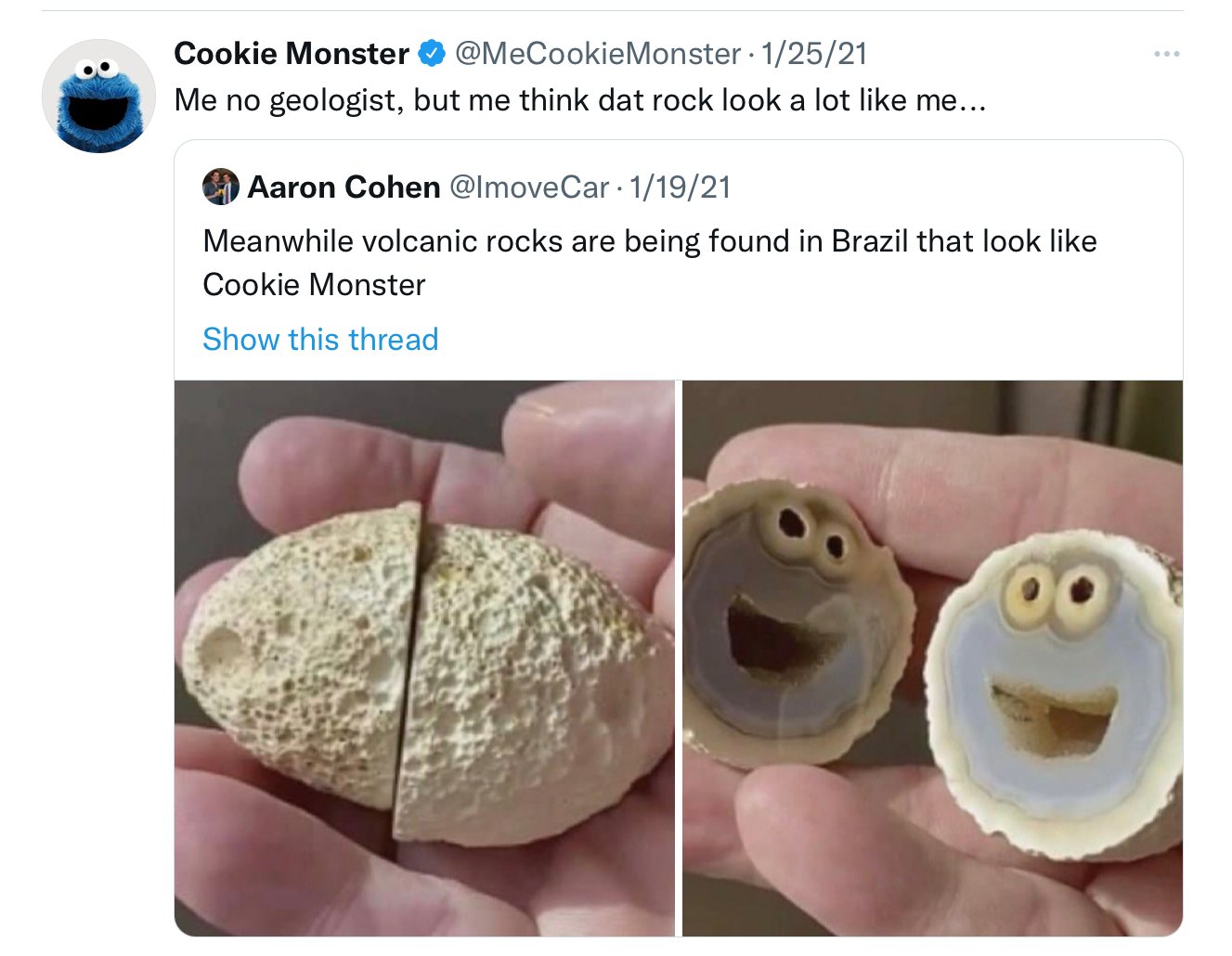I love this poem—how it reflects the human need to anthropomorphize the world around around us and the inherent loneliness in human sentience.
As a child, I saw faces in the knotty pine walls of my bedroom and in the clouds; said goodnight to the headboard’s scratch that looked like a duck or a snake, depending upon my mood; and made windows the eyes of houses watch me as I was driven past.
For the first prompt, anthropomorphize an object in your home or one you encounter daily. Give it a life of its own. Or don’t. The contrapuntal could be an interesting structure for this experiment. Here is a previous post on the contrapuntal. I was fascinated by Trace DePass’s discussion of the form (published in Teachers & Writers Magazine).
For a second prompt, take the first line as a ghostline and “and so” it. Move it in a different direction from the original. Or take one of the examples “the country a heart” and explore how that shapes or restricts language and thought. We embody the world with our language, calling our countries motherland or fatherland. Do remember to erase the line and credit the poet for the inspiration.
If you also see faces, do they seem human or animal or simply something alive? To me this seemed like an owl in the rock:
Do you search for yourself as apparently Cookie Monster does?
Are the faces you usually find happy? Or not?
I found this shocked sink on a walk last week.
And of course do you see a face in the moon when you look up? Or look for humanity on other planets?
If you would like more examples of pareidolia (the phenomenon of perceiving specific images, usually faces or animals, in random visual patterns), check out this article from The Mary Sue or read a longer explanation of pareidolia from this BBC article, which also includes a few photos. I can empathize with the worried alarm clock.






